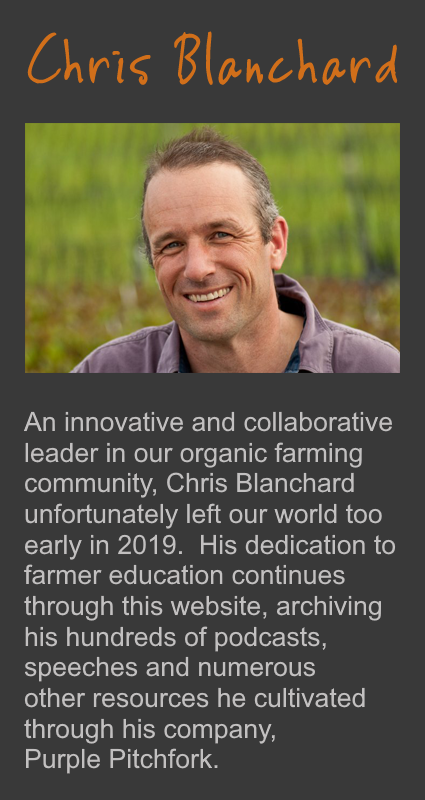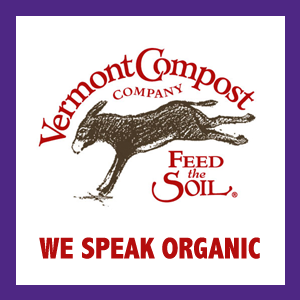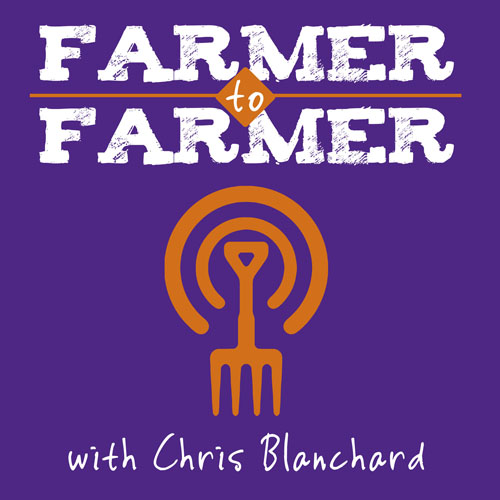The proposed Produce Rule for the Food Safety Modernization Act seems to be circling around out there, creating a lot of concern for some folks and not getting much notice from anybody else.
Despite the exemptions contained in the Tester-Hagen amendment to the legislation passed by Congress in 2010, many operations large and small are going to fall under the legal oversight of the Produce Rule or the Preventive Controls Rule.
Exemptions to the rule are based on a number of factors, including total food sales, the production of certain crops (including rutabagas), the kinds of customers you sell your produce to, and where those customers are located. The Produce Safety Alliance put together a one-page decision tree for determining an whether an individual operation will be exempt from the Produce Rule – you can link to that document here.
Do take note that just because an operation is “exempt” from the Produce Rule does not exempt that operation from meeting minimum federal requirements. You still can’t sell adulterated foods, and exemptions can be withdrawn if your farm products are linked to a food contamination outbreak.
In addition, if your operation buys in produce, you could fall under an additional set of regulations, the Preventive Controls Rule, with its own set of exemptions and timelines for compliance.
While the rule is still in the “proposed” phase, 2013 is not too soon to start working towards compliance. This doesn’t mean that you have to get all the way there in just once year, but it does take time to assemble and implement a food safety plan for a fresh market vegetable operation. At a minimum, developing an awareness of food-safety best practices this growing season will help even if you do the heavy lifting of operational changes in the winter.
Despite the exemptions contained in the Tester-Hagen amendment to the legislation passed by Congress in 2010, many operations large and small are going to fall under the legal oversight of the Produce Rule or the Preventive Controls Rule.
Exemptions to the rule are based on a number of factors, including total food sales, the production of certain crops (including rutabagas), the kinds of customers you sell your produce to, and where those customers are located. The Produce Safety Alliance put together a one-page decision tree for determining an whether an individual operation will be exempt from the Produce Rule – you can link to that document here.
Do take note that just because an operation is “exempt” from the Produce Rule does not exempt that operation from meeting minimum federal requirements. You still can’t sell adulterated foods, and exemptions can be withdrawn if your farm products are linked to a food contamination outbreak.
In addition, if your operation buys in produce, you could fall under an additional set of regulations, the Preventive Controls Rule, with its own set of exemptions and timelines for compliance.
While the rule is still in the “proposed” phase, 2013 is not too soon to start working towards compliance. This doesn’t mean that you have to get all the way there in just once year, but it does take time to assemble and implement a food safety plan for a fresh market vegetable operation. At a minimum, developing an awareness of food-safety best practices this growing season will help even if you do the heavy lifting of operational changes in the winter.




 RSS Feed
RSS Feed
